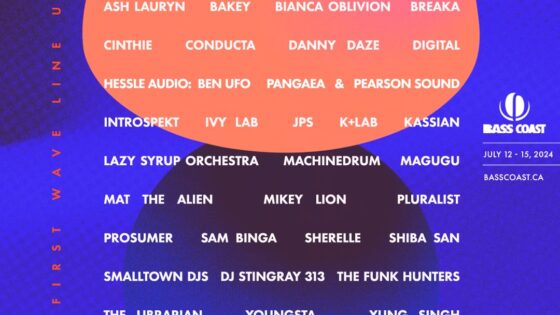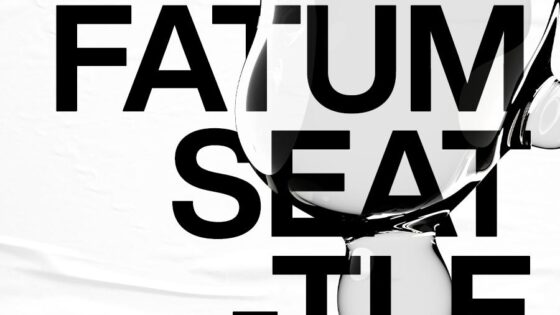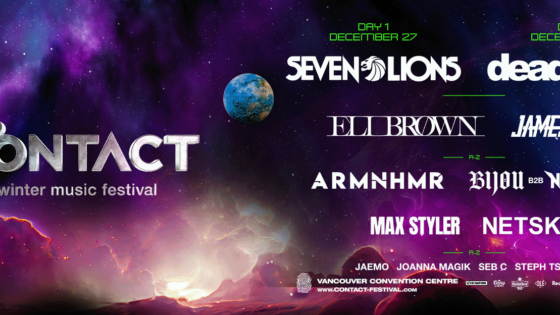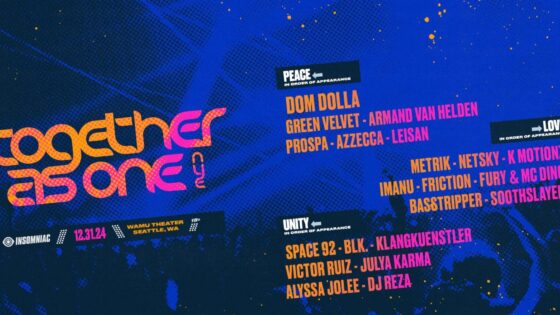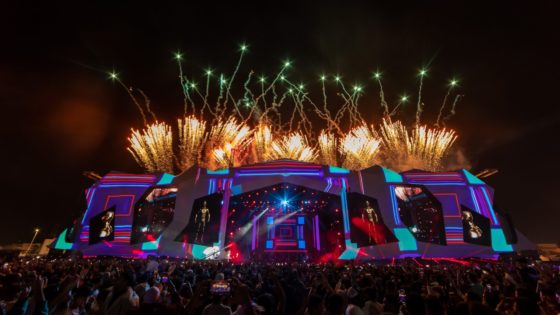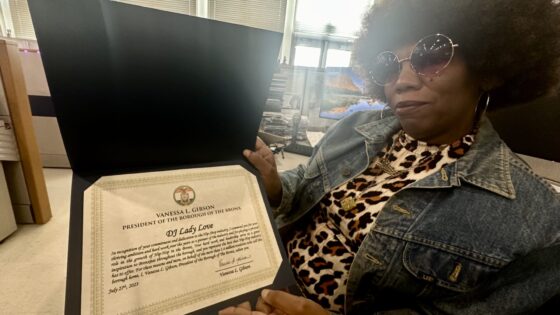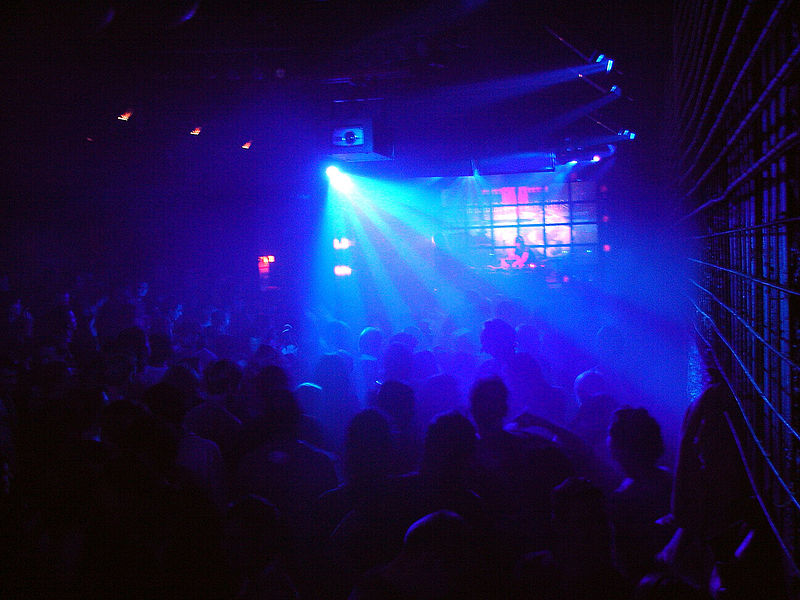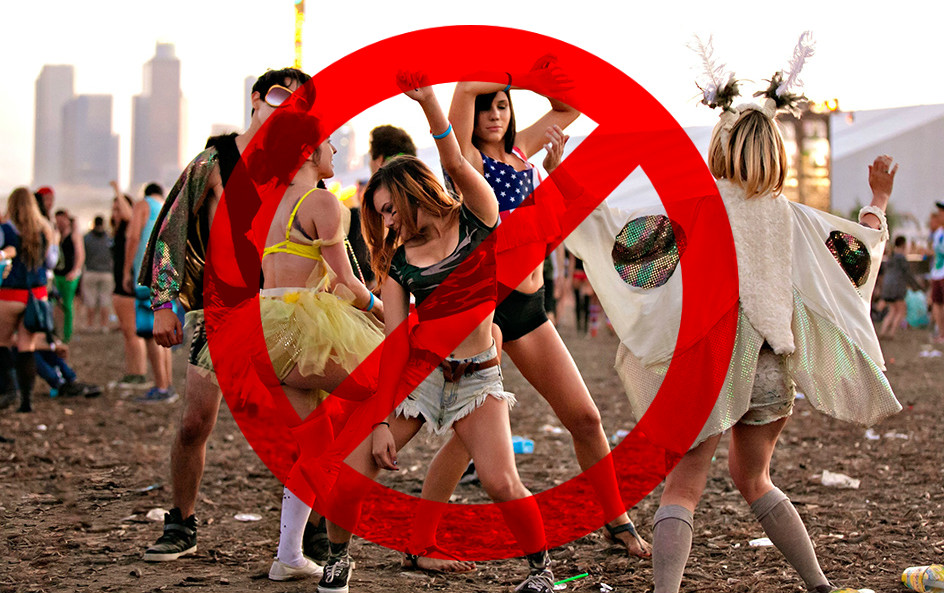A governing body in the Egyptian government has banned a local form of electronic music, citing concerns of the songs themselves promoting “unethical and immoral behaviour” and going as far to ban its airtime in public spaces, from clubs to cruise ships. The genre in question is mahraganat (a name literally translating to “festivals” in Arabic), a hybrid music genre that combines traditional Egyptian folk music with electronic music, notably elements of reggaeton and grime. This is not an overwhelmingly popular move. Locals and fans of the genre decry the move, and critics of the law point out this ban as another grim manifestation of the current Egyptian government’s attempts to control the country’s media and public opinion.
For context, Egypt has seen a great deal of social and political turmoil in recent years, and the country is no stranger to tyrannical regimes. Mahraganat has been banned from Egyptian mainstream radio airtime since the 1970’s, which did next to nothing to impeded its popularity (witness its popularity on Soundcloud and YouTube alike) We should also keep in mind that electronic music has and always has had a political side, and its not just overtly repressive or foreign regimes that have tried to suppress it or the culture around it. For example, consider the UK’s Criminal Justice and Public Order Act 1994 (c.33) which explicitly mentions Acid House as reason to shut the event down. Or for the Stateside example, consider the proposed RAVE (“Reducing Americans’ Vulnerability to Ecstasy”) Act, which eventually passed in an altered form as a rider to a bill regarding Amber Alerts (seriously)
It says a great deal about the fluid nature of electronic music and its cultural impact across countries and cultures. And as clearly evidenced, the more the powers that be try to repress it, the harder the grassroots push back.
What do you make of this ban or its larger implications? Let us know in your shares!
Important things happen in Pacific Northwest nightlife, and DMNW will send you alerts!






